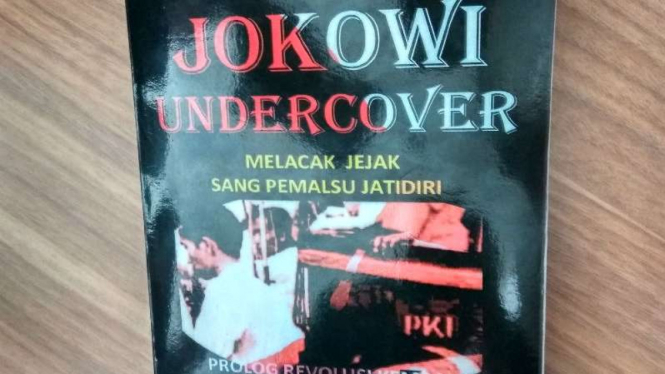
Through this study, it was found that the discretion of the TGB was related to optimism, alignment of Islamic values, safeguarding the Unitary Republic of Indonesia, caring for diversity, and building the nation as a discursive common property and needs as a plural society and transformed inclusively. Data were analyzed according to the communication function in functional grammar and Critical Discourse Analysis component analysis. TGB is positioned as a discursive storyteller as well as a guide in its transformation. Data is in the form of thought texts, statements, TGB actions, and other parties' statements as discursive. The data was collected through the recording of documents from the discursive leader of the Islamic organization Nahdlatul Wathan (abbreviated NW), as well as the governor of West Nusa Tenggara (NTB abbreviated), Indonesia, namely Mr. This study aims to find the value of pluralism and inclusivism in the discursive leadership of Islam. On the other hand, the younger generation of Nahdlatul Ulama showed a different pattern, revealing that their seniors tended to be harsher in responding to radical organizations and supporting mass organizations. This view indicated by the absence sense of precariousness or a situation that is considered to be very threatening to religious and national life while still in the corridor of diversity. The senior cadres of Muhammadiyah tended to be open-minded with the community organizations that are perceived by the public to be a radical mass organization, which is fundamental in addressing the presence of radical organizations. The senior cadres, such as the Muhammadiyah Youth, were more likely to be calm when responding to the presence of radical organizations. The members of Muhammadiyah recognized that the young cadres of Muhammadiyah tended to act more violently towards intolerant mass organizations compared to their senior (old cadre) generation. The results of this study showed there were differences in the patterns between the younger generation and the older generation of Muhammadiyah. This study employed qualitative methods using interviews and direct observations to collect the data. This research intended to unravel some of the issues of how young generations of Muhammadiyah and NU understand democracy, pluralism and tolerance and if their views are associated with their social construction.

This study described and explored the views of young cadres of Muhammadiyah and Nahdlatul Ulama (NU) in Malang, East Java, about democracy, pluralism and tolerance. Indonesia, as a country that adheres to religious freedom regards all forms of intolerance as violations of democracy.

There have been violations of human rights, religious freedom and civil liberties, which are essential pillars of democracy. Anarchism and other forms of violence committed by religious groups and mass organizations are still very common in Indonesia.


 0 kommentar(er)
0 kommentar(er)
